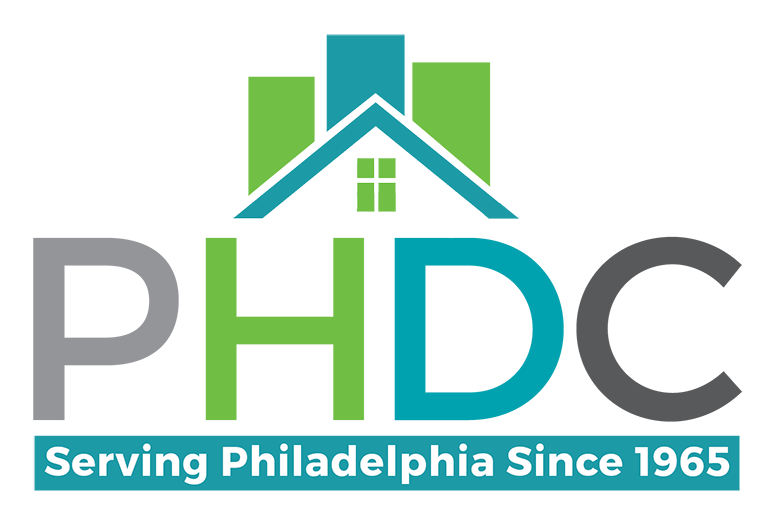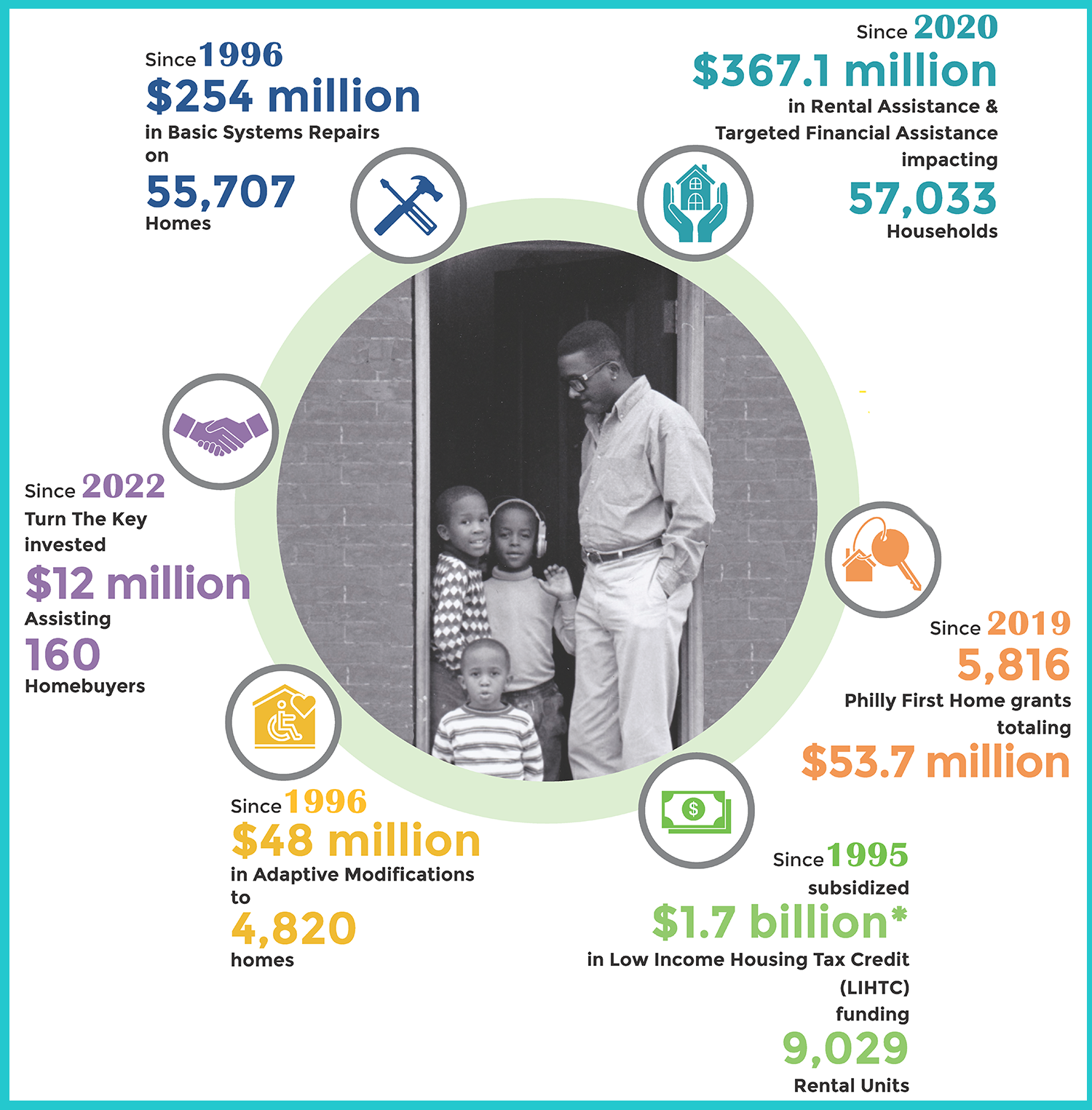History
Event attendees met TTK homebuilders and participating financial lenders that helped with the process of purchasing their first home.
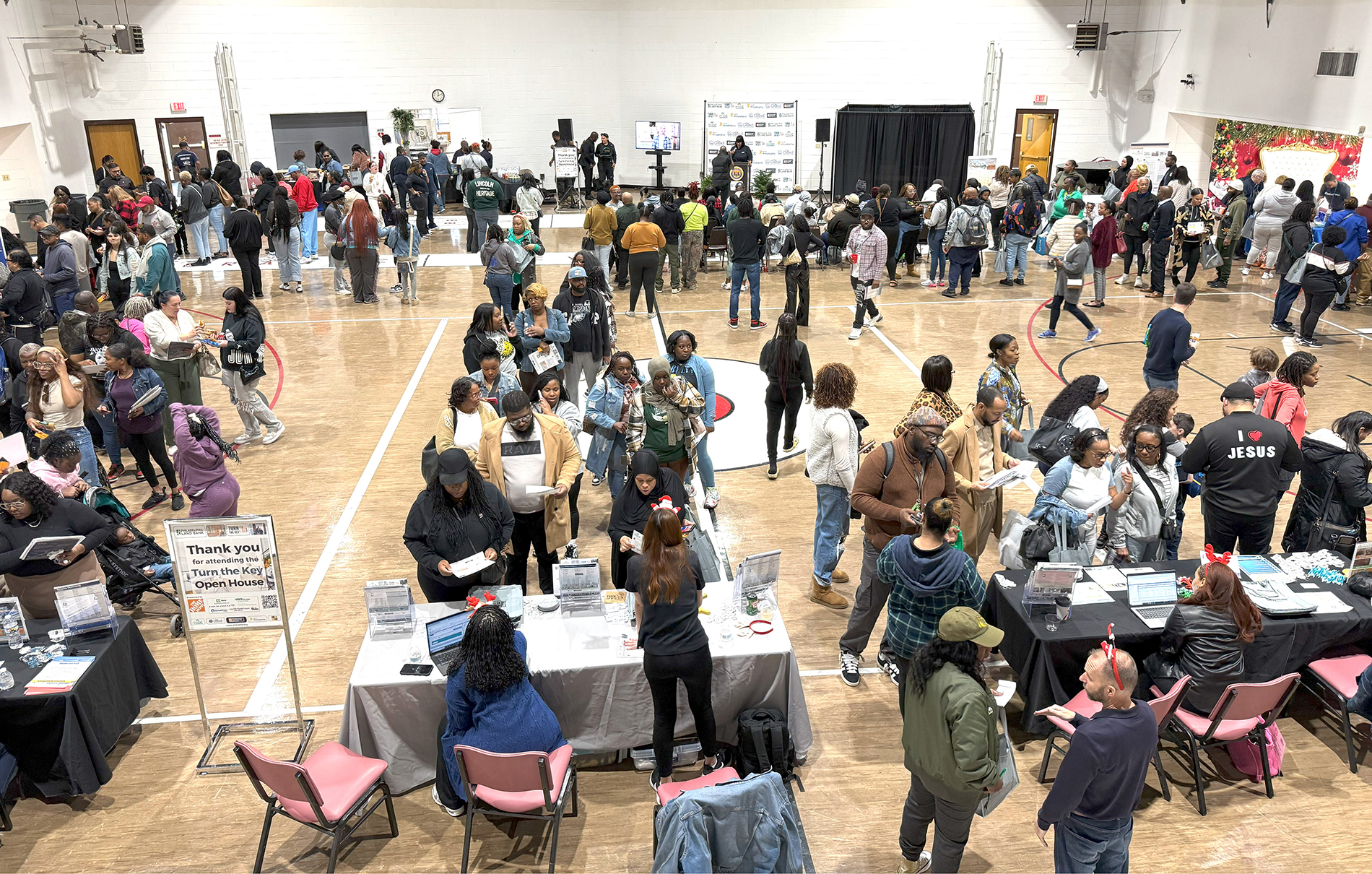
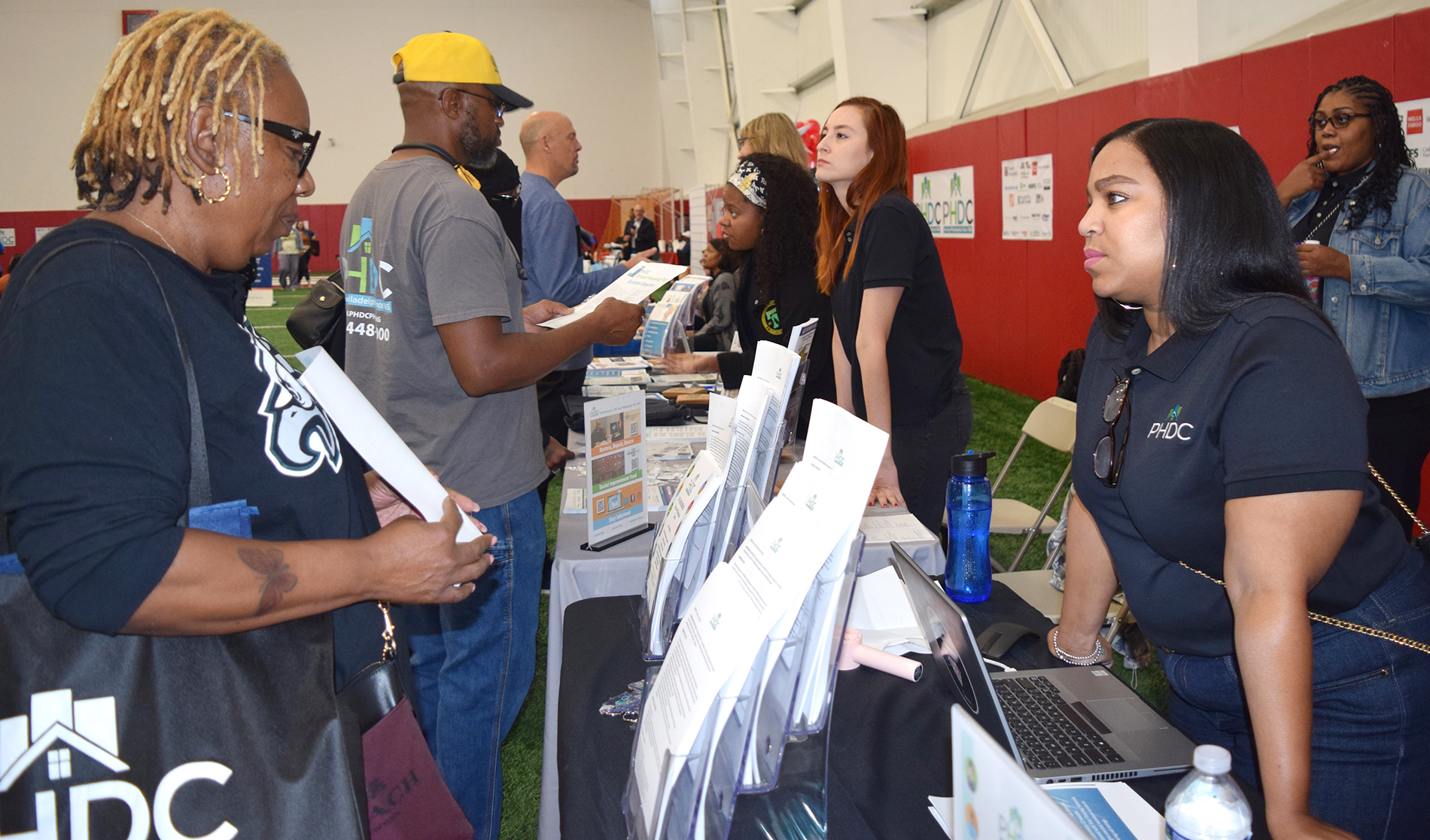
The second Annual Housing Fair took place again at Temple University and had over 70 exhibitors, and over 3,500 persons pre-registered to attend. The fair provides resources for current homeowners, potential first-time home buyers, renters, landlords and developers interested in learning more about finding, paying for, maintaining, and producing housing. It was sponsored by Temple Uniiversity, Channel 10, including T62, and Sports Philadelphia, Wells Fargo, Independence Blue Cross, Prosperity Home Mortgage, TD Bank, WSFS, Home Depot, Philadelphia Land Bank, Turn The Key, City Council, Fannie Mae, CMG Home Loans, Philly 5000, Essa, WDAS, Riverwards, Fulton Mortgage Company, Civetta, Truist, Shop Rite, Browns, and the Fresh Grocer.
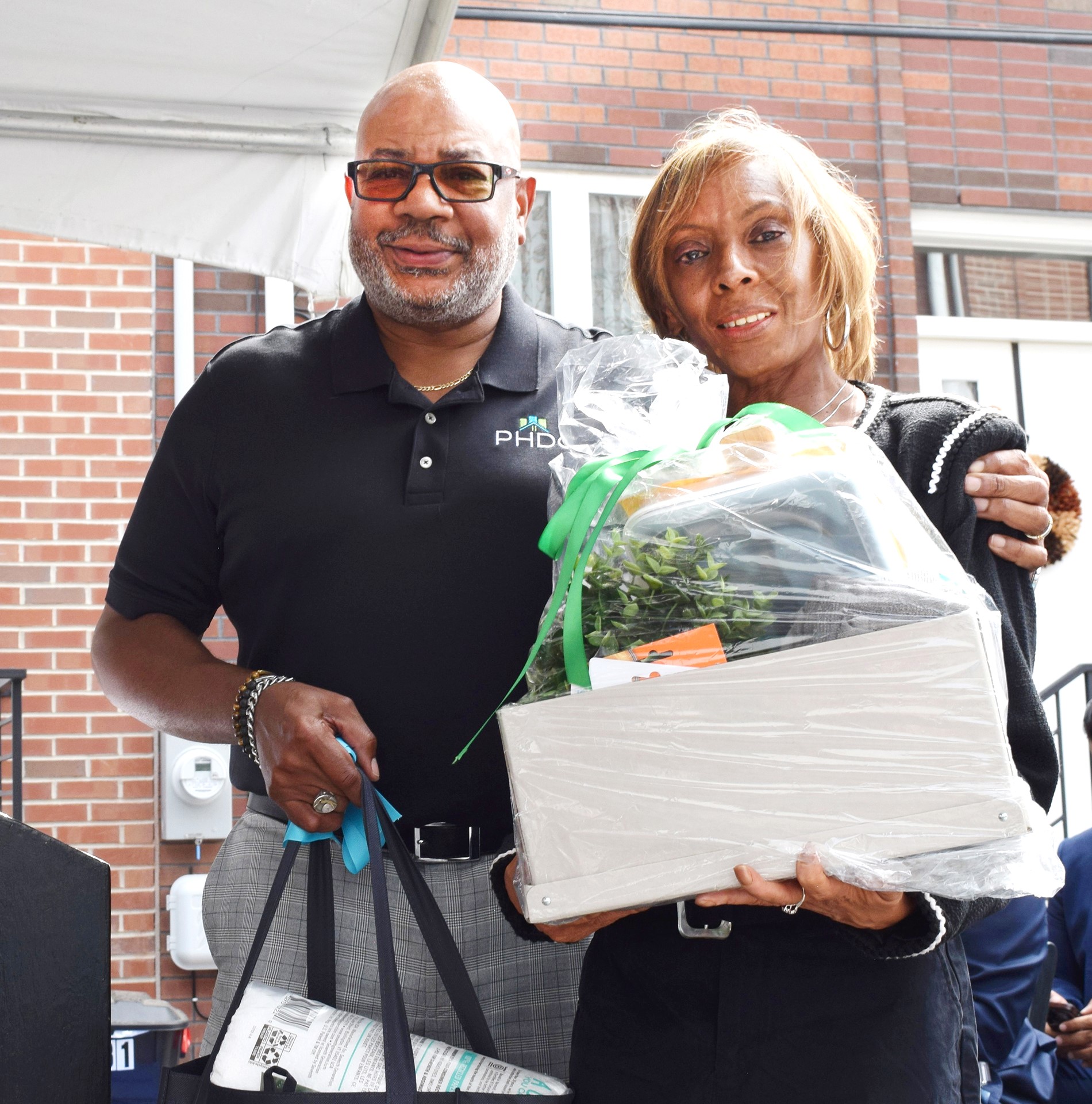
During the 2023-24 fiscal year, the Philadelphia Land Bank approved the construction of 724 units of affordable housing for Turn The Key, opening up 700+ vacant lots for use. So far, 100 homes have been sold, 103 homes have been completed and 29 homes are under agreement. On this day in North Philadelphia, Ms. Hinton, seen here with PHDC President and CEO David S. Thomas, celebrated being the 100th new Turn The Key homeowner.
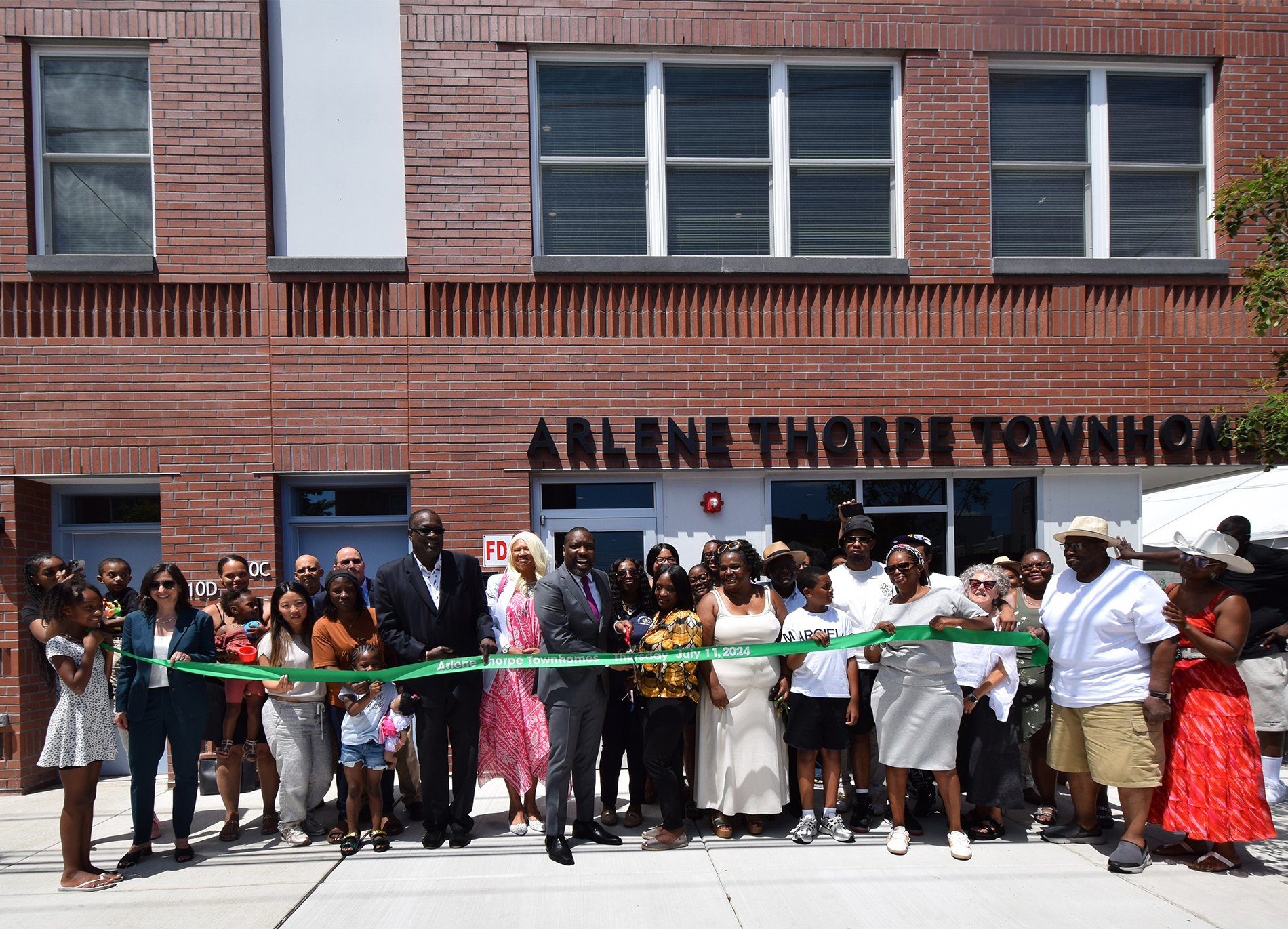
This is a new construction project in the Grays Ferry neighborhood of South Philadelphia. The project provides 27 units of affordable housing thanks to a public-private partnership led by the Women’s Community Revitalization Project.
Held an event to provide an opportunity for prospective homeowners to meet the developers, participating lenders, and program staff.
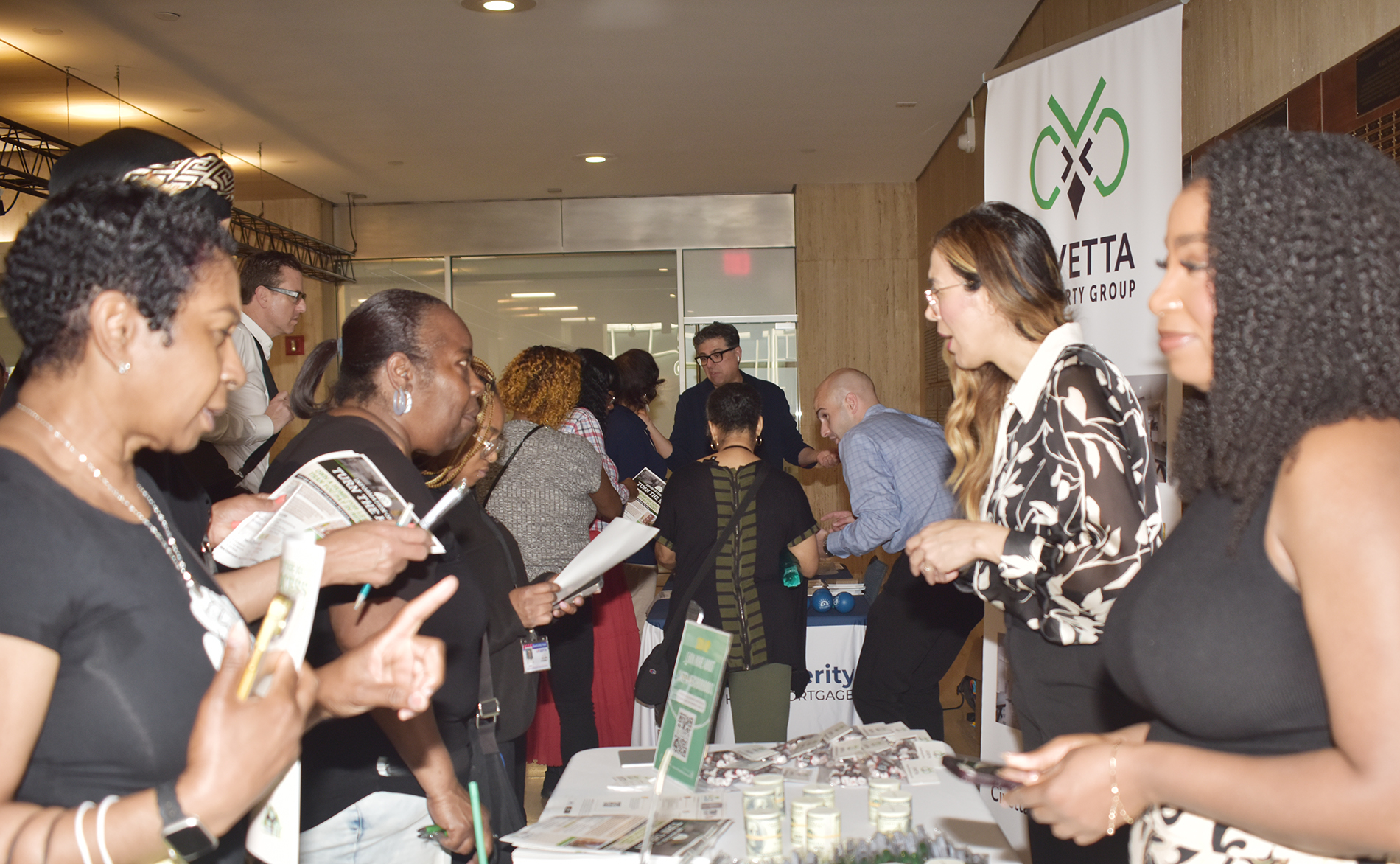
Opened in March 2024, is a new 42-unit senior affordable housing development. Tenants pay no more than 30% of their income. Six apartments are fully accessible. The building has a community room with kitchen, a computer room, a fitness room and a laundry room. The facility is built on properties assembled by the Philadelphia Land Bank.
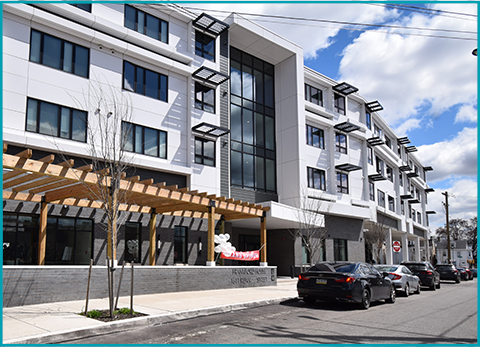
More than 2,000 attended along with many non-profit organizations and lenders.
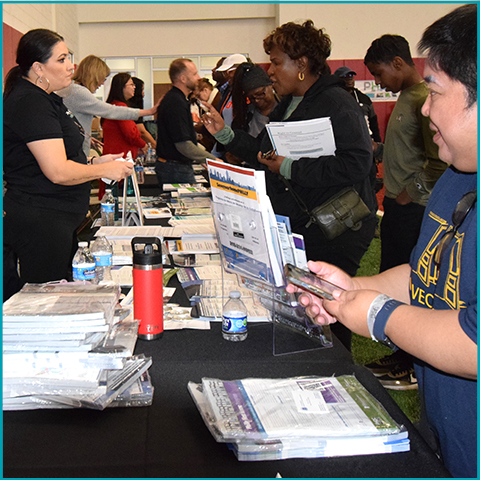
launched to provide loans to help small landlords pay for repairs to affordable housing uits.
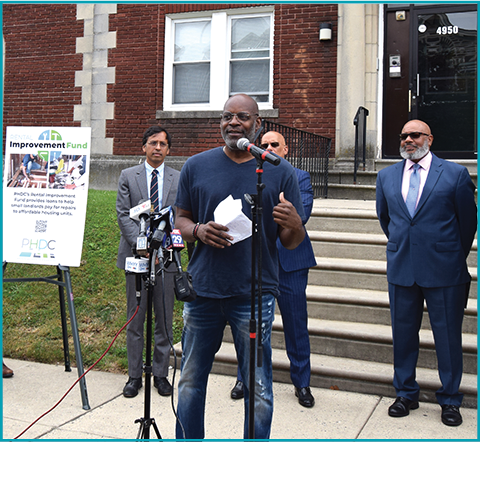
To help up to 1,000 Philadelphia families buy new affordable homes and build equity for their futures. Our development partners are building energy efficient homes on publicly-owned land across Philadelphia.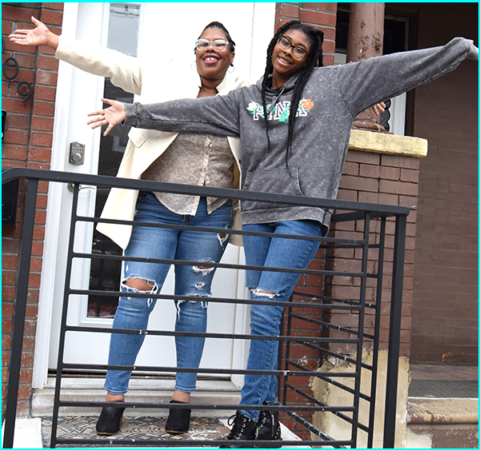
Partnered with Division of Housing and Community Development (DHCD) to launch phase two of the Philly First Home program that gives eligible first-time homebuyers grants of up to $10,000 (or 6% of the home’s purchase price, whichever is lower) to reduce the principal and/or cover down payments and loan closing costs. The first phase of Philly First Home helped over 2,700 Philadelphians become homeowners. Through 2023 Phase 2 has helped 2,020 become homeowners.
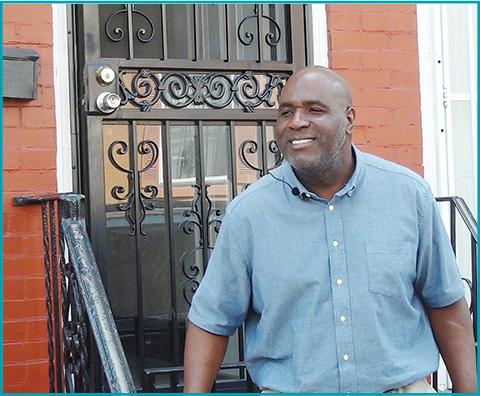
a $400 Million plan for massive, citywide investments in affordable housing production, home repairs, small business revitalization and neighborhood preservation.
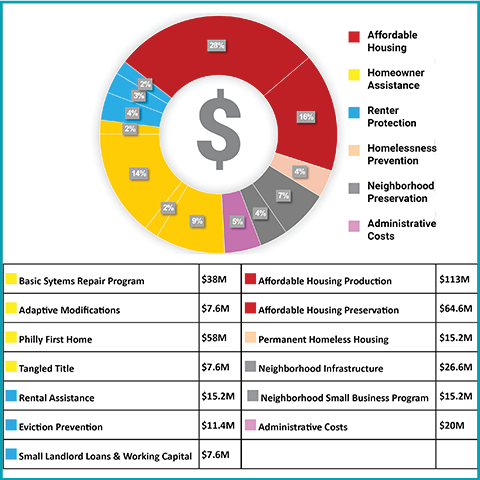
to assist in addressing the lack of diversity in the Philadelphia real estate development and construction industry. MDP is a hands-on, business assistance program for small developers and contractors in Philadelphia. The program is designed to promote wealth creation and business growth among minority developers.
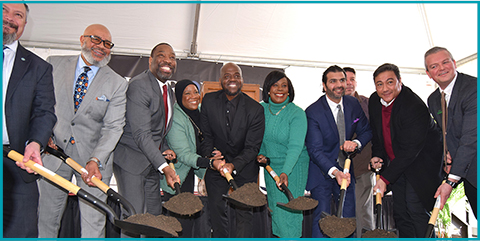
to keep 3,000+ families in their homes. The program made rent payments for people who had lost income because of COVID-19.
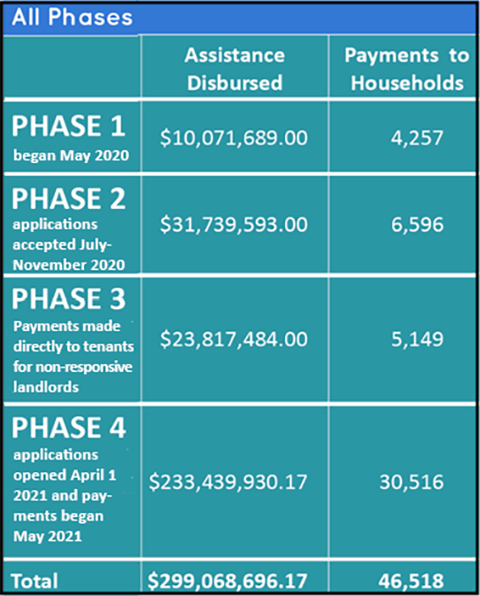
Less than five months since its unveiling, over 500 Philadelphia families have purchased their first home through the Philly First Home program.
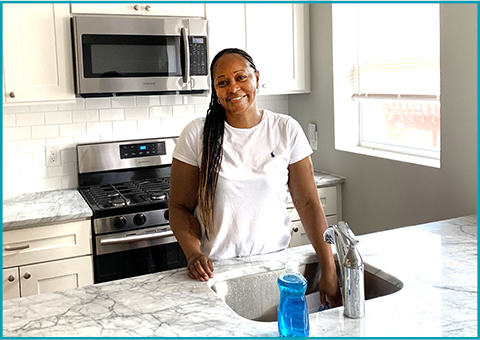
in July 2019 the Philadelphia Redevelopment Authority (PRA) and the Philadelphia Land Bank (PLB) became staffed by employees of PHDC. PRA and PLB remain independent organizations overseen by independent boards of directors. PHDC, PLB and PRA work together to create seamless programs and services that support community development in the City of Philadelphia.
2018-2020, PHDC partnered with Children’s Hospital of Philadelphia (CHOP) to create CAPP. Developed to address the impact of unhealthy housing on pediatric asthma outcomes in West Philadelphia neighborhoods. Improved the quality of life for 45 households.
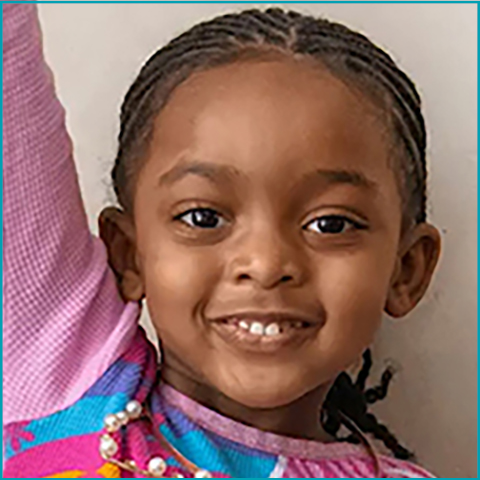
The first of many residents began receiving assistance through $60 million in bond proceeds provided by City Council to eliminate the three-to-five year waiting lists for PHDC’s Basic Systems Repair Program (BSRP), Adaptive Modifications Program (AMP), and Weatherization Assistance Program (WAP) services. These programs assist with urgent home repairs, long-term disability modifications, and energy-efficiency weatherization. More than 4,900 clients served.
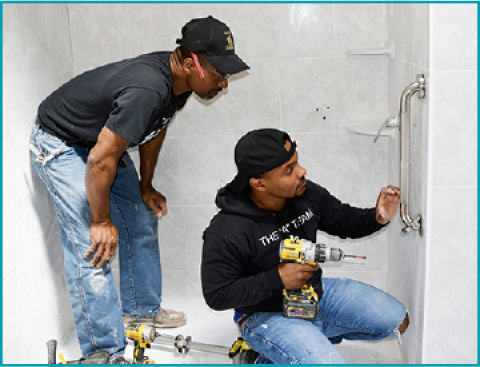
completed to produce 403 low- and moderate-income homeownership units (296 new consruction) and repair or replace the site infrastructure in conjunction with community-based organizations. With over $80 million in public and private investments, a 16 acre area with 60% vacant buildings in North Central Philadelphia is now a beautiful, vibrant community.
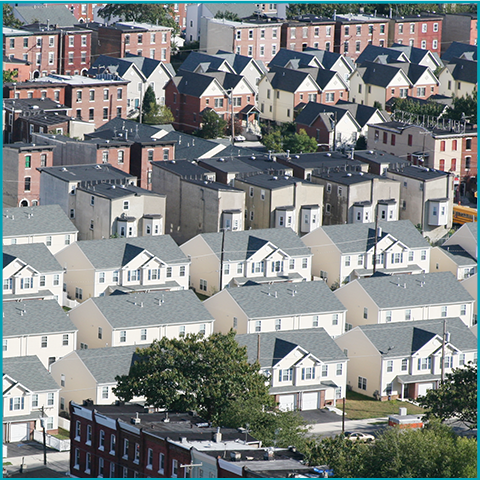
- Ludlow Village – 5 Phases – 74 units
- Mother Dabney – 28 units
- 16th and Norris Street – 16 Units
- 2000 block of Master Street – 10 units
- Beechwood (new construction and rehab) – 14 units
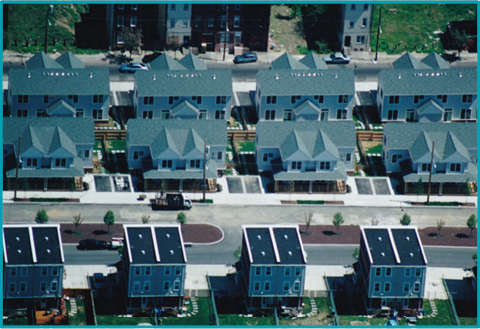
2700 block of Sears Street
Entire block rehabilitated creating 21 homes from 36 vacant ones and providing repairs to privately owned/occupied residential units. Concept adopted by the City as the model for neighborhood revitalization.
PCCO 2500 block of West Silver Street – 16 units
HARC II 2600 block of Oakdale Street – 10 units
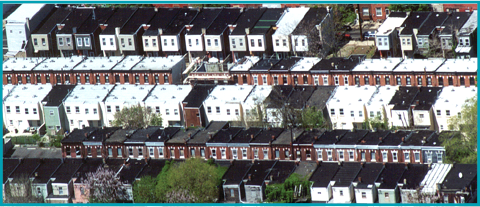
The program provided financing to community organizations for the acquisition and rehabilitation of vacant houses for sale to low-and moderate-income families.
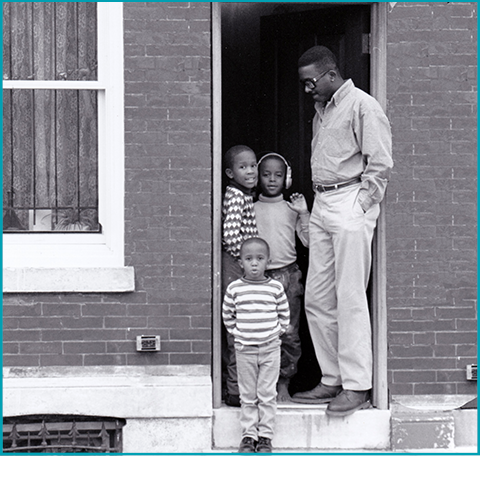
as the largest of its kind in the nation at this time providing up to $800 to first-time homebuyers. Begun in 1995 it has been a very successful tool helping to revitalize neighborhoods. The average household income of the buyers was $21,028. The average sale price was $46,846.
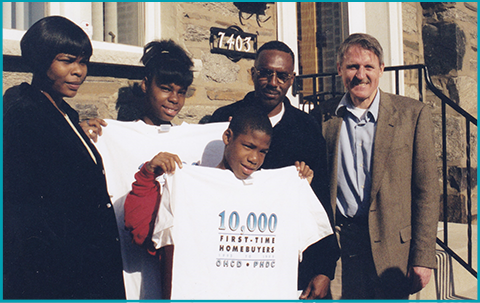
On the occasion of PHDC’s 35th anniversary, the staff re-dedicated the organization to its mission of SERVE – Service, Efficiency, Respect, Value and Excellence.
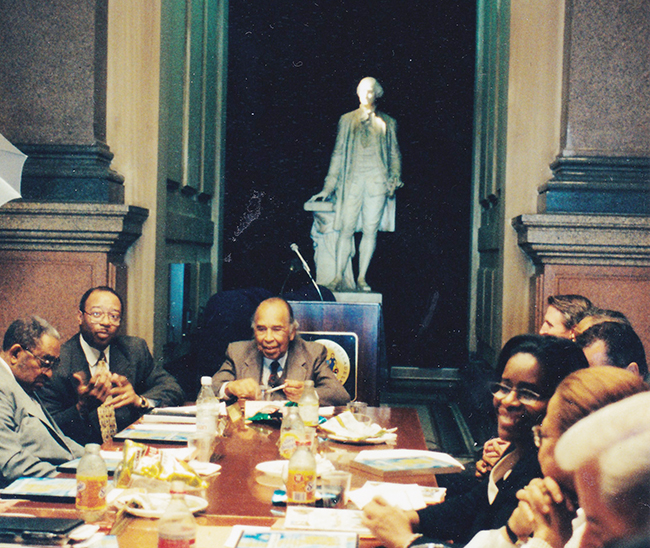
rehabiltated more than 150 units of publicly-owned housing since 1995. Resulted in citation from NAHRO as the most innovative program.
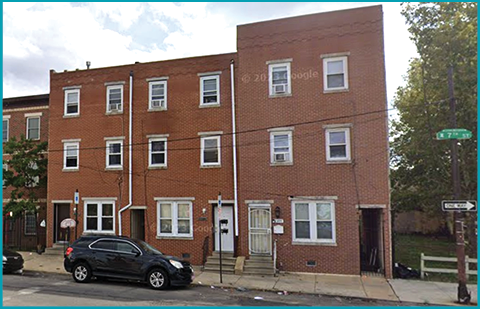
was the first local development corporation established by PHDC in conjunction with Nueva Esperanza CDC. Fourteen Spanish style single-family homes were built with an enclosed parking area.
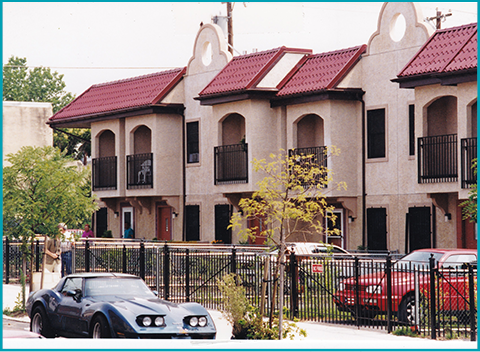
Mayor Goode proclaims January 22-26 as “PHDC” week
January 26 PHDC holds first Housing Forum focusing on Financial Strategies needed in the production of low-income housing.
Receives many Urban Design Excellence Awards.
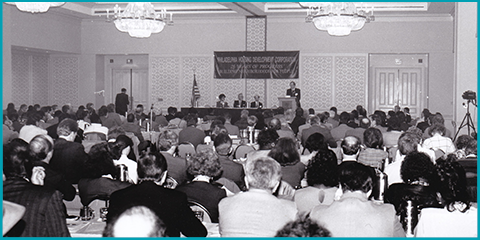
From 1985-1990 PHDC completed many major rehabilitation projects renovating single and multi family residential properties. Provided 1,377 units. Examples:
- Hawthorne Villa (55 units for seniors)
- National Temple Self-Help House (permanent housing for 25 very-low-income and homeless persons)
- Regent Terrace (80 units, historic features preserved)
- Wissahickon (52-units, 13 designed for disabled)
- 15th Street Co-op (40 units, residents involved in renovation process)
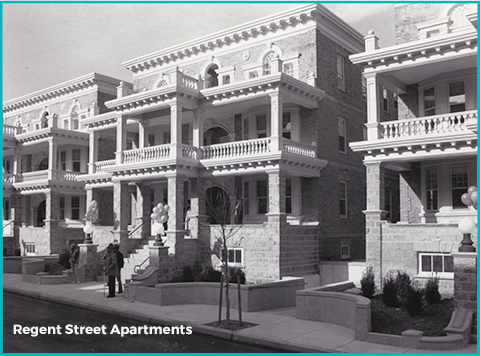
4,700+ families had become homeowners.
| Programs | Completions |
| Special acquisitions | 673 |
| Homestart | 778 |
| Sponsored Projects | 19 |
| 3P’s | 28 |
| Section 312 | 31 |
| Sweat equity rehab | 3,312 |
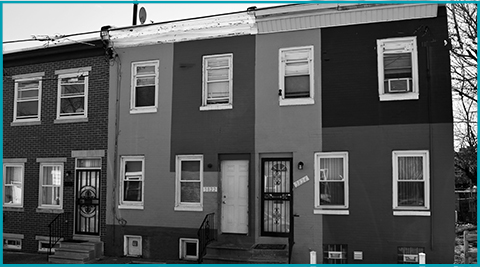
During the period 1985-1989 PHDC helped 35,789 homeowners fix up their homes. The HOME and Weatherization programs were reorganized to combine emergency and energy related repairs.
| Program | Completions |
| HOME | 9,295 |
| SHARP | 3,050 |
| Heater Hotline | 16,149 |
| Action Grant | 850 |
| Weatherization | 6,465 |
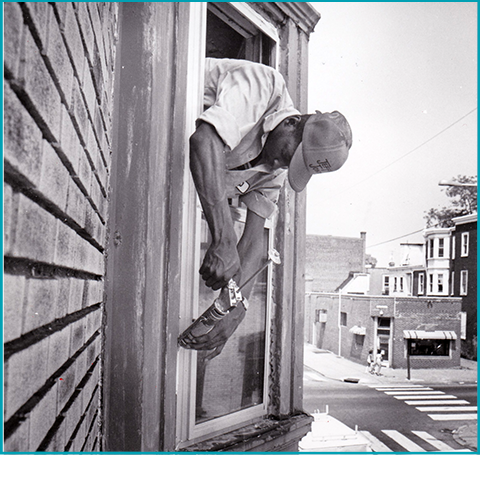
completed 32 projects. Grants were provided to non-profit organizations for the acqisition, renovation or construction of buildings. No new projects were funded after 1988. Among the following completed since 1982 were:
- Center in the Park
- West Philadelphia Community Center
- Maria de los Santos Health Center
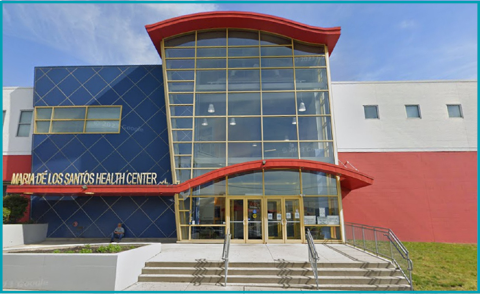
Through the MEND program completed 817 units of rehabilitated single and multi-family properties for low- and moderate-income families. Received national recognition from HUD for this program.
PHDC moves to increase the number of homes it could make available to low-income families by starting Homestart, a partial rehab program.
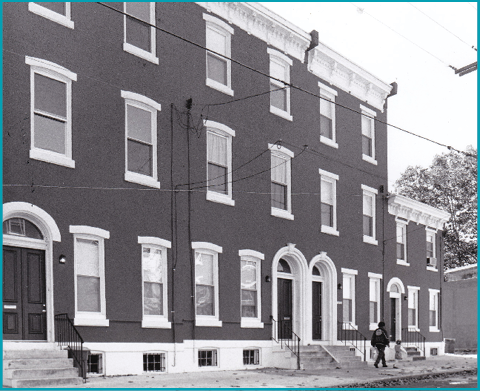
Established as City’s main vehicle for housing acquisition and rehabilitation under contract to the Office of Housing and Community Development (OHCD)
